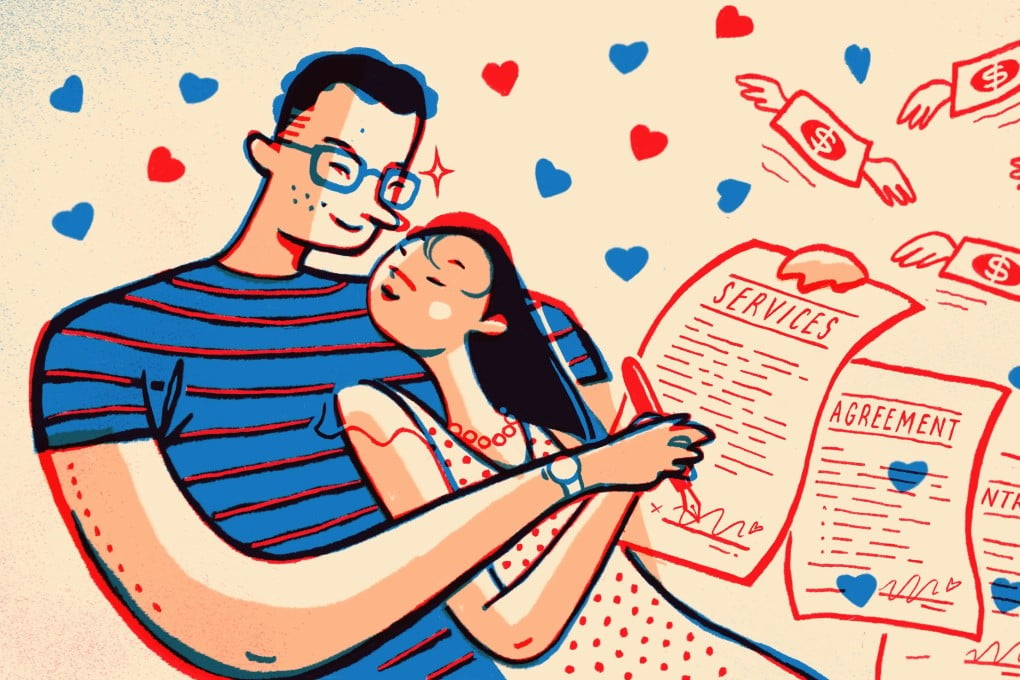Hong Kong dating scam: sales agents pose as dates to sell services and earn a commission
- Love-seekers thrilled at being asked out on dates by online suitors are finding themselves being pushed to buy services packages when they meet
- The fake boyfriends and girlfriends tell the victims they also use the service they are promoting, making them think they have their best interests at heart

Macy felt great. Alan, the man she was dating, was good looking and apparently lived a life of luxury. They had met on the dating website Coffee Meets Bagel, then twice in person. He had seemed interested in getting to know her, Macy says.
The “tall, handsome gentleman” told her he worked in marketing and his Instagram feed opened a window on his luxury lifestyle. All seemed to be going well until he asked her to join him on a visit to a traditional Chinese medicine practitioner.
“He asked me to buy a package of 10 treatments of Chinese medicine before he’d have dinner with me. I thought to myself, ‘Why should I have to buy that just to have a meal with him?’ It made me feel terrible,” the 26-year-old Hong Kong woman recalls.
As it turned out, Alan was a sales agent, employed by a company to beguile unsuspecting women into purchasing goods and services they do not need.
In some cases, the shop staff go along with the scam, assuring the victim it’s the first time their date has brought anyone with them, with the aim of making them feel special
Macy (who did not want to reveal her real name) did not see Alan again, nor did she buy any of the treatment packages. But many Hongkongers do fall for such unscrupulous sales tactics – only to find their dates mysteriously fall off the radar.